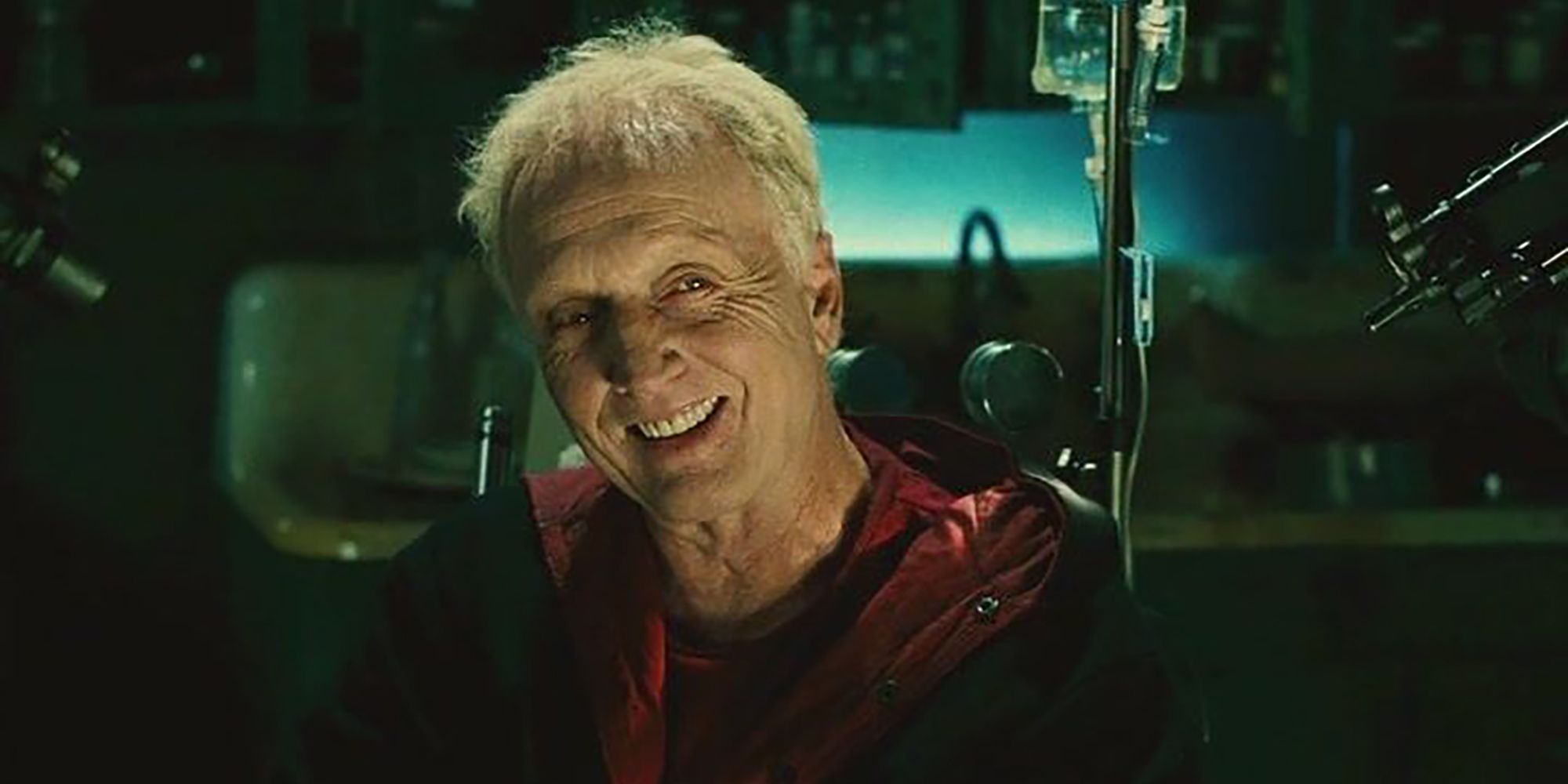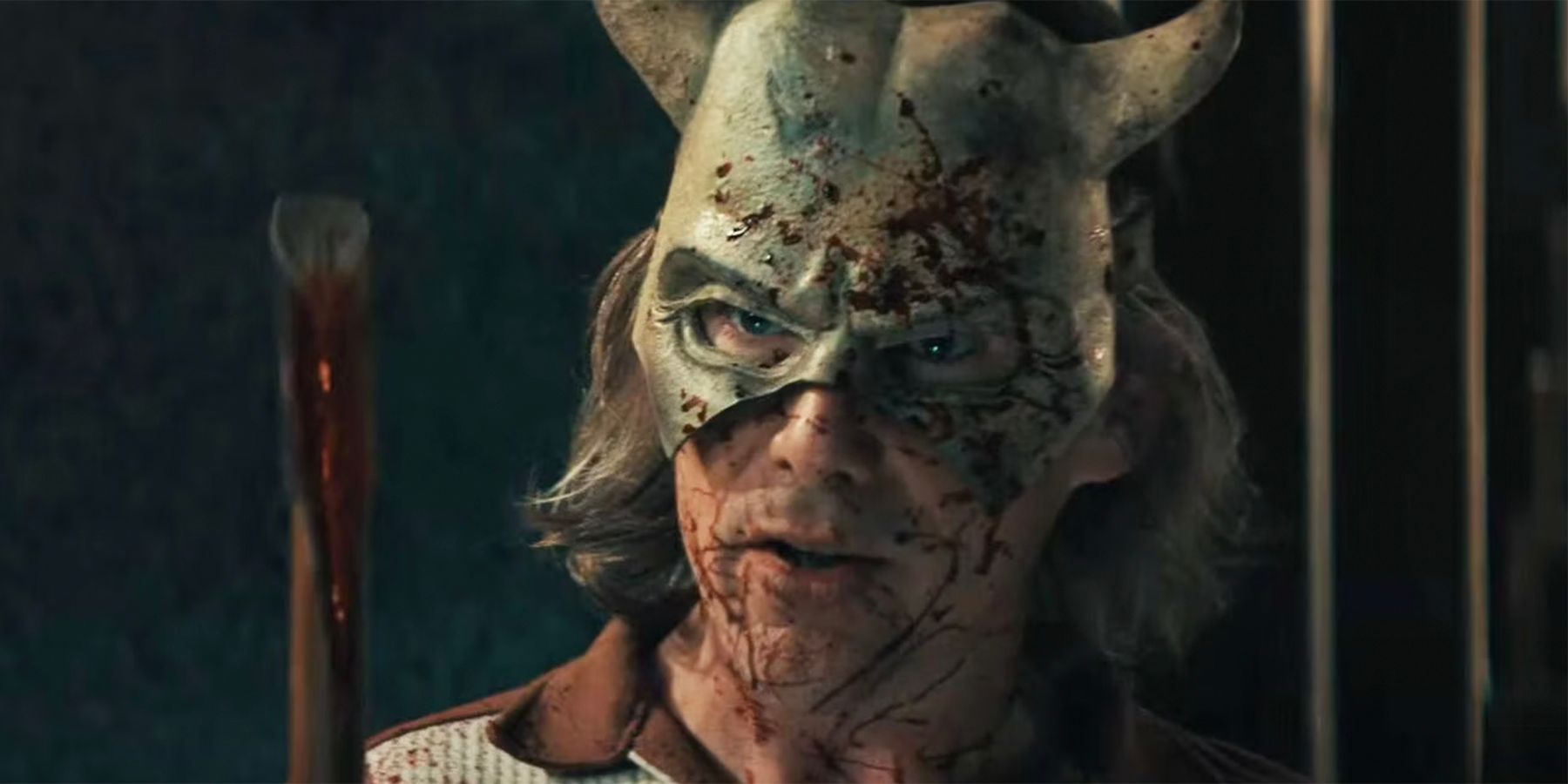There might be no genre of cinema more dependent on sound than horror, which is often entirely dependent on the strategic application of silence and noise to evoke its reactions. Many of the most iconic horror moments of cinema history would be vastly inferior if they were robbed of their distinctive score.
Almost all the horror franchises that have dozens of iterations and stand the test of time feature a single central piece of music that serves as their theme song. In the modern day, however, most new entries in the long history of horror film eschew this idea and wind up lacking.
Everyone has a different tune in their head when they hear the open phrase "horror movie theme song". Maybe it's the bizarre 10/8 time signature piano riff of John Carpenter's theme from his original 1978 Halloween. Perhaps it's the slow nursery rhyme-esque dirge of "one, two, Freddie's coming for you" that heralds in the horror of A Nightmare on Elm Street. When John Williams wrote the groundbreaking slow build theme to Steven Spielberg's Jaws, he single-handedly codified what a killer shark sounds like for all time. Harry Manfredini's bizarre score for Friday the 13th adapted that into an even stranger sound and applied it to a masked slasher. Perhaps the best modern take on this idea would be the Saw franchise. Composer Charlie Clouser crafted an incidental piece of music called "Hello Zepp" to give the film a tense ending. When the film did well enough to warrant several sequels, the filmmakers realized that they had gold on their hands and remixed that track for each film.
There are still horror movie franchises over the past few years and many of them still have great musical scores. Composer Joseph Bishara has done incredible work with the score of both the Insidious and Conjuring franchises, but neither seems to have a central track that defines the series. The same fans who could hum "Hello Zepp" from memory likely couldn't recreate a track from either of those films. Part of the problem was the found footage boom of the late 2000s. Spawned almost exclusively by the runaway smash hit Paranormal Activity, found footage films generally can't have non-diegetic music. But, in more traditional films, there are tons of pieces of music that are only used once. There are still memorable moments in the ways that horror films use music, but, that music is rarely crafted for the film.
James Wan's 2010 Insidious was considered one of the scariest films ever made when it came out. One of its most distinct scenes involves a needle drop moment in which Tiny Tim's 1968 novelty hit "Tiptoe Through the Tulips" is played. That scene was one of the most consistently referenced by fans and the music was unquestionably one of the most important aspects. So much of modern cinema has transferred its big musical moments onto the back of existing tracks where the original score used to carry the weight. This is a problem across all genres, but horror is undoubtedly the genre most negatively affected. Whether it's an issue of studio interference demanding a recognizable name on the soundtrack list or reticence to establish an original score where old songs will do, it's a huge loss.
Horror franchises are tough enough to build as it is. There aren't many scary stories that can survive a sequel, let alone several, without losing everything scary about it. Maintaining an identity throughout a franchise is often impossible, no matter how strong an initial story might have been. Modern horror films may make series or franchises, every cinematic endeavor seems poised to extend its success across multiple films, but the big names are still decades old. The biggest horror films around tend to be sequels or remakes, like 2018s Halloween or 2017s It. Maybe, the next big Hollywood horror franchise would have benefited from a killer original score and the ear for taste it takes to nominate a single horror theme song.
The Saw franchise is unquestionably the best example of this phenomenon. It maintained the horror movie theme song trend years after comparable films had long since abandoned them. The much-maligned Platinum Dunes remakes of Friday the 13th and A Nightmare on Elm Street largely relegated their theme songs to the end credits. When James Wan and Leigh Whannell put together their quirky little torture horror film, they had no idea what kind of stunning success was ahead of them. Sequels were quickly greenlit, and they made the wise choice to make their best piece of music iconic by remixing it for each one. That extremely wise decision paid off, and there's no way of knowing where the franchise would be without "Hello Zepp."
Horror cinema is a strange beast, but there are always lessons to be learned from the decades of past mistakes. Hopefully, as modern films become classics, they'll find the power of a single distinctive music track.



